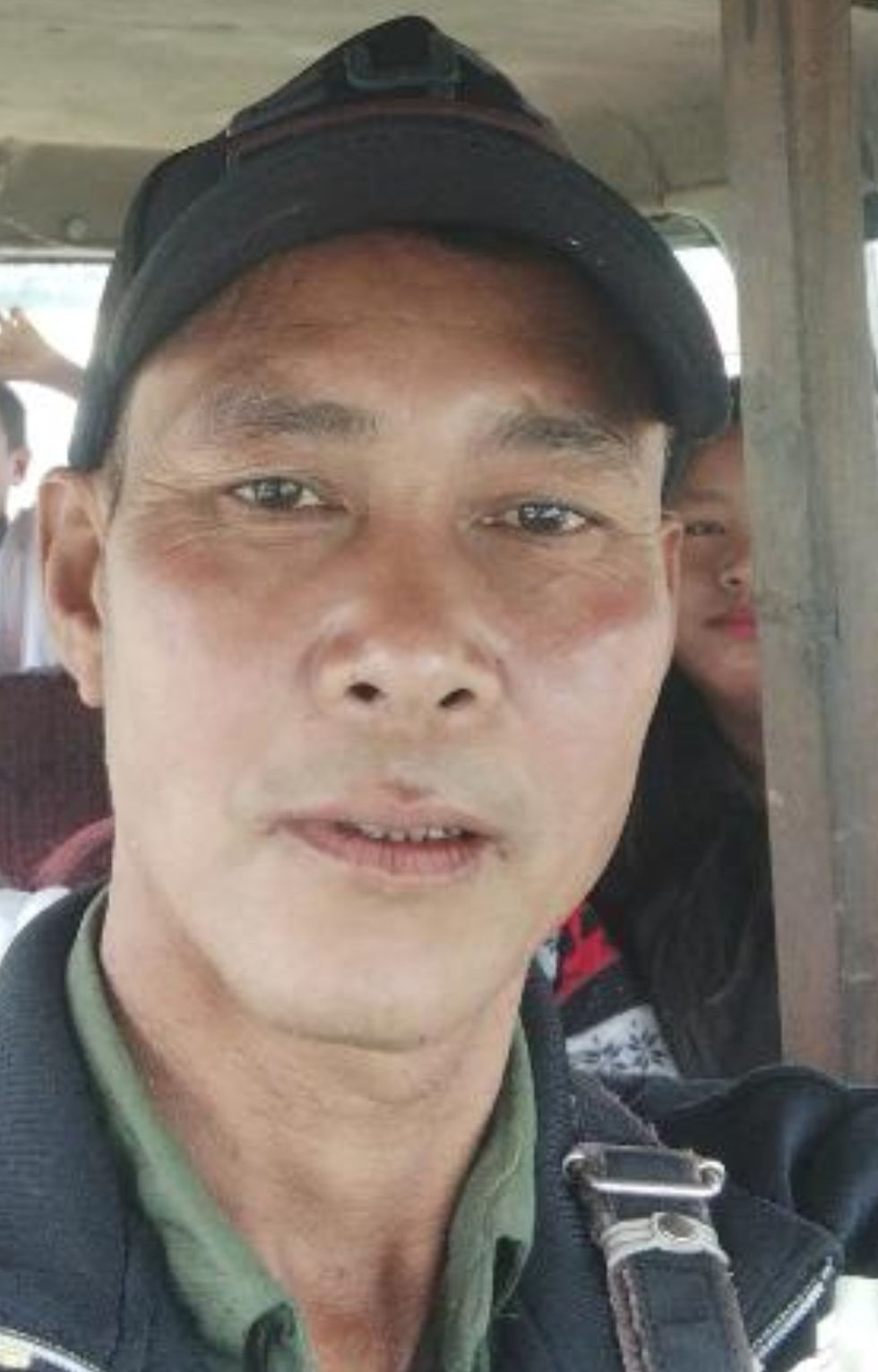Updated: Dec 31, 2023
(November 24, 2022) “At the moment they’re coming one or two at a time, but we expect lots more,” says Lalam Hangshing, chairman of Manipur’s B’nei Menashe Council. Hangshing was referring to the recent visit in Manipur of three young Israelis, who came to spend a few days with the B’nei Menashe community in Churachandpur, home to the northeast India’s largest B’nei Menashe community, and who, while there, volunteered to teach at its Rabbi Eliyahu Avichail Z"L Memorial School. “The word will get around among Israeli backpackers that we exist,” says Hangshing, “and when it does, they’ll start coming.” And he adds: “And when they come, we’ll have a role for them to play.”
The three who came this month were Matanel Lotner, familiar to our readers as the traveler who wrote a series of reports on the B’nei Menashe of Manipur and Burma for our Newsletter in the summer of 2020, and Shani Beserglik and Asif Kahana, two friends recently discharged from the Israeli army and now backpacking in India, as many Israelis of their age do after their military service. Asif, who hails from the settlement of Ofra in Samaria, which has a small B’nei Menashe community, wanted to see the world from which it came from, and Shani, who had read about the B’nei Menashe in a Facebook site for Israeli trekkers, was eager to join her. Hearing of their arrival in Churachandpur, Rivka Dimngel, the principal of the Rabbi Avichail School, invited them to give some lessons in elementary Hebrew, and the two happily agreed. “It was a wonderful experience,” says Asif.

Dimngel was enthusiastic. “The girls were gems,” she told our Newsletter.
“They not only taught, they related to their students with empathy and warmth. Their classes were fun and interactive, with language games and lots of energy and laughter, and when they were over, everyone wanted more. You can’t teach much Hebrew in a few hours, but just hearing the sound and rhythms of spoken Israeli Hebrew was exciting to our students, many of whom had never heard them before. Overall, it was fantastic.”

Matanel Lotner, who is now studying in New Delhi and had been in Manipur once before, was equally excited by the experience of teaching there. “More than I deserve to be thanked,” he says, “I want to thank the Rabbi Eliyahu Avichail School for having me. I want to thank its marvelous teachers, who are struggling valiantly to teach the rudiments of a language they barely know and to give Torah lessons in a land in which they themselves had nowhere to study Torah. I want to thank Degel Menashe for financially supporting the school. And I want to thank all its students, men, women, and children, who are excited by every new Hebrew word they learn and every new bit of Jewish knowledge. When I told them the story of the Mishanic sage Eliezer ben Hyrkanos, who had no Jewish education until the age of twenty-eight yet became one of the great rabbis of Jewish history, their faces lit up.”

Matanel had a unique experience with Hebrew outside of the school, too. “I had a conversation with Sarah Baite,” he related to our Newsletter. (Sarah is also a figure our readers know: a brave fighter for justice for a sexually abused daughter, she is also a talented singer and composer of traditional B’nei Menashe songs who has been doing much to record old musical traditions.) “Sarah told me that one night she dreamed of the word enleila. At first she thought it was just a nonsense word, but when she kept dreaming it night after night, she became so obsessed with it that she began writing it on the walls of her home until her friends and family thought she had gone mad. When I explained to her that the Hebrew words eyn leila mean ‘There is no night,’ and that she was being told by her dream that the dark days she had lived through were over, she was overjoyed.”
A strange incident! Yet young Israelis teaching in the Rabbi Avichail School, the first regular Hebrew school that the B’nei Menashe of Manipur have ever had, will be, Lalam Hangshing hopes, more than a passing incident. “With the lessening of the Covid epidemic,” he says, “we dream of encouraging young Israelis traveling to India to come teach Hebrew and Jewish subjects at the Rabbi Avichail School on a regular basis – and not just for a day or two before they move on, but for weeks or months, to which they will commit themselves in return for food, lodging, and in an appreciative and thankful community that they could find nowhere else in the world. It will be a wonderful experience for them and a wonderful experience for us. The time has come to make it happen.”
















